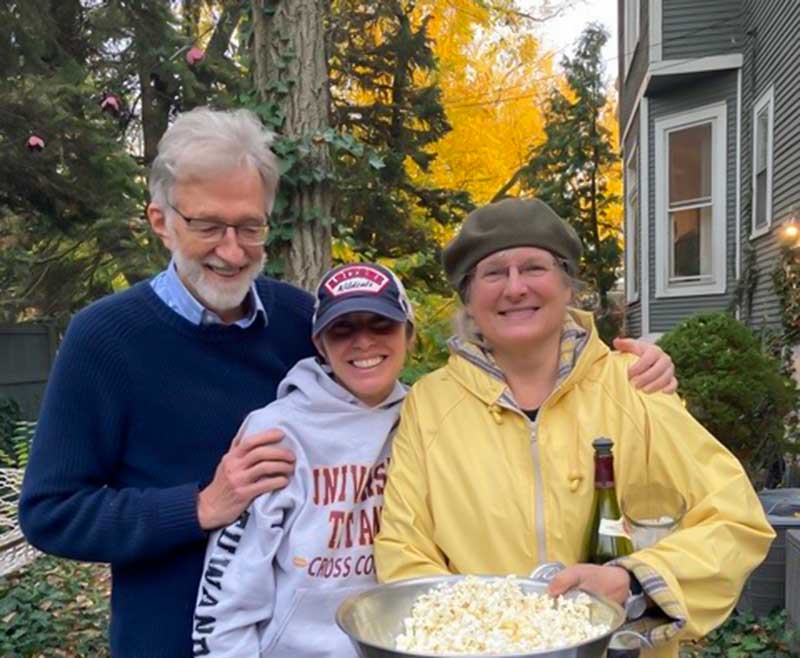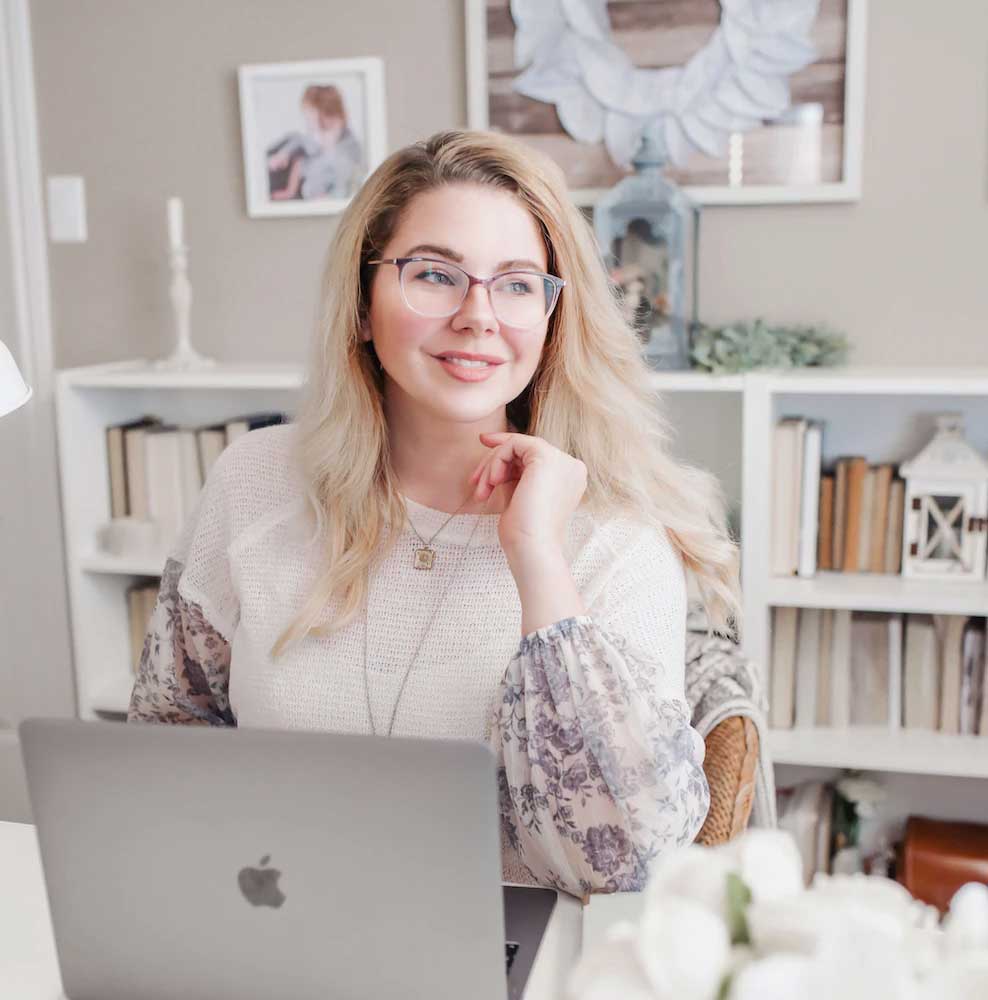We only look back after we make the wrong choice. It’s then that we begin the journey toward living with intention.

Teachers can appear, even (or perhaps especially) when you’re not expecting them.
I was standing in the customer service line at Lowes last week. There was a man in front of me and a man in back of me, both looking for a manager for support around a product that was advertised at a lower price. The man in front was generally calm, although there was a hint of annoyance in his body language. The support rep gave him the price and he chose not to purchase the product. Meanwhile, the man in back of me was carefully listening. Third in line, after apparently having waited in a different part of the store for a manager, he began to throw a tantrum.
I turned around to watch him for a moment and felt slightly more peaceful — not because of what was going on around me, rather from a knowing that I was meant to learn something from the experience. It was my cue to listen, not to his rants, but to the guide inside myself, which was reminded of something important. It was clear that his fit was a manifestation of a deeper discontent. It was also clear that he was unaware that his violent behavior was so unbefitting of the issue at hand.
By now, his voice (louder by the second) could be heard across the store. The support rep, now helping me, asked him to keep his voice down. I went on with what I came there to do, walked away, and pondered what had just happened.
In our culture, this is typical:
Events (birthdays, arguments, a walk in the neighborhood, zoom calls with colleagues, a quick trip to a local improvement store) happen, every day. We react based on whether we perceive the events (or their outcomes) as desirable or not. Then we chalk our reactions up to who we are, our personalities, which relieves us of the responsibility to work on making changes, if necessary. How many times have you heard (maybe during a tiff with a loved one), “That’s just who I am..” or the likes?
The reason for this post:
This isn’t about how to be happier, per say. It’s simply about noticing, taking a step to question our status quo.
What if the way we lived and behaved was our choice? What if we asked ourselves how we’d like to show up: how we’d like to feel, how we’d like others to feel around us?
Some of us are unready to notice. But, many of us can and should.
What if the man behind me was able to pause to consider his response to this event? Or having already felt rage about to boil, that he didn’t have to raise his voice? What if he had been able to use honed tools, ones he had already cultivated, to do that? Would the outcome have been the same? Lots of possibilities.
And, finally, my lesson:
Most of us haven’t been taught about intentional living. We place high importance on reaching academic or athletic heights, but we’ve forgotten about placing value on reaching our human potential. Without a manual, and with the messages we get from our society, we learn bad habits. But that doesn’t mean we can’t start to learn good ones – no matter what age. It really just begins with a simple choice. In time, small intentional changes can remove big habits. And as we change big habits, we start to realize the purpose of living. And when it comes down to it, we start to answer the most important question of all.
I was reminded, in those moments by the man in back of me, of something vital: that if we don’t choose and live by our intention, by our own design—in all of life’s events—it can be easy to make it all the way until the end of life without ever really living the way we want, the way we are intended, the way we can feel comfortable letting go.
I know that at some point we will all get there, even my teacher today. Perhaps he will show up again, in a brighter light.











